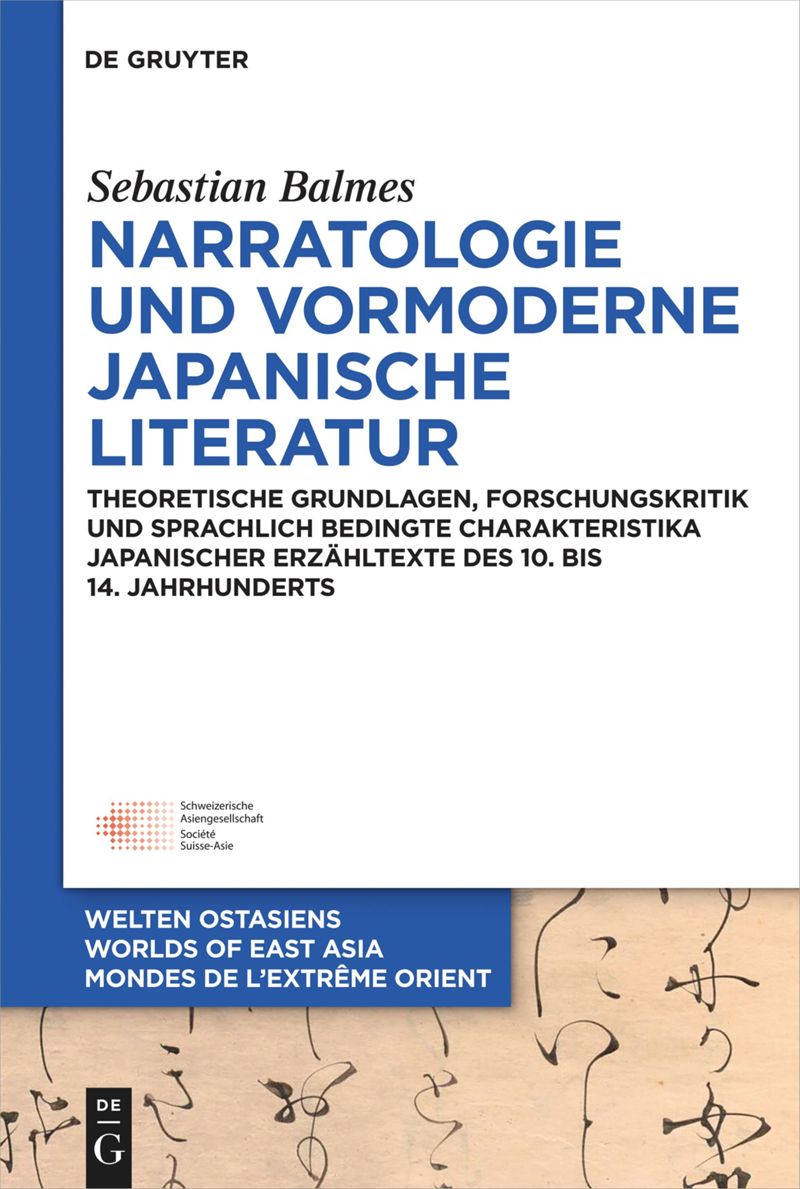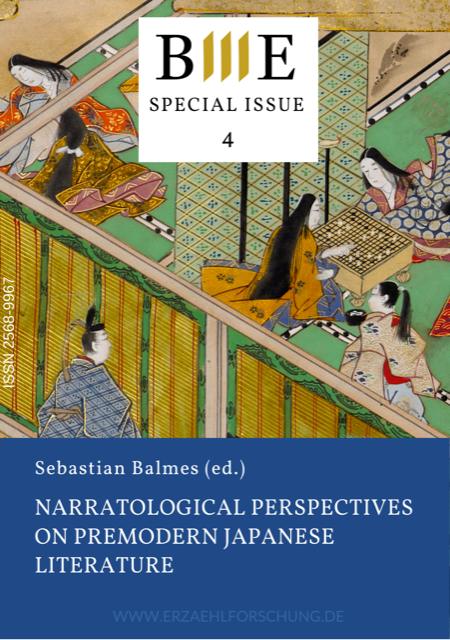Dr. Sebastian Balmes
Oberassistent Japanologie, Postdoc im SNF-Projekt "Time and Emotion in Medieval Japanese Literature"
Universität Zürich
Zürich, Schweiz
Biographie
since 2023 Postdoc in SNSF project "Time and Emotion in Medieval Japanese Literature," Institute of Asian and Oriental Studies, University of Zurich
since 2022 Senior Research Fellow and Lecturer, Institute of Asian and Oriental Studies, University of Zurich
since 2022 Senior Research Fellow and Lecturer, Institute of Asian and Oriental Studies, University of Zurich
2019–2022 Postdoc, Institute of Asian and Oriental Studies, University of Zurich
2019 Dr. phil. in Japanese Studies, LMU Munich
2015–2019 Doctoral scholarship of the German Academic Scholarship Foundation
2014–2020 Adjunct Lecturer, Japan Center, LMU Munich
2010–2011 Studies of Japanese literature and Buddhism, School of Humanities and Social Sciences, Waseda University, Tokyo (scholarship of German Academic Exchange Service [DAAD] and Waseda University)
2008–2013 Magister Artium (M.A.) in Japanese Studies (major), Chinese Studies and Tibetan Studies (minors), LMU Munich
Publications (3)
Narratologie und vormoderne japanische Literatur: Theoretische Grundlagen, Forschungskritik und sprachlich bedingte Charakteristika japanischer Erzähltexte des 10. bis 14. Jahrhunderts
Based on the narratological categories of narrative voice, perspective, and distance, this book tackles two research lacunae: it elucidates essential characteristics of Japanese narrative texts from the tenth to the fourteenth century and at the same time creates a methodological foundation for narratological examinations of premodern Japanese literature. The study not only comprehensively introduces the wide field of narratology to Japanese studies for the first time, but also contributes to narratology itself by subjecting narratological models to critical scrutiny, modifying some of them, and proposing a new category of analysis.

Narratological Perspectives on Premodern Japanese Literature
This special issue comprises eight studies that deal with Japanese narratives from the tenth to the fifteenth century, including theater and painting, from a narratological point of view, revolving around discourse, character, and time. While narratology provides useful tools for analysis, some theories need to be revised in order to apply to Japanese texts. The papers in this volume contain several such proposals, but their focus lies first and foremost on examining characteristics of premodern Japanese narrative, which—compared to Western (medieval) literature—stands out through its elusive qualities. The special issue is equally aimed at an audience with a background in Japanese Studies and at scholars who take an interest in diachronic and intercultural narratology.

Die rituelle Errettung der Murasaki Shikibu: Buddhistische Genji-Zeremonien und ihre Spuren in der japanischen Kulturgeschichte
